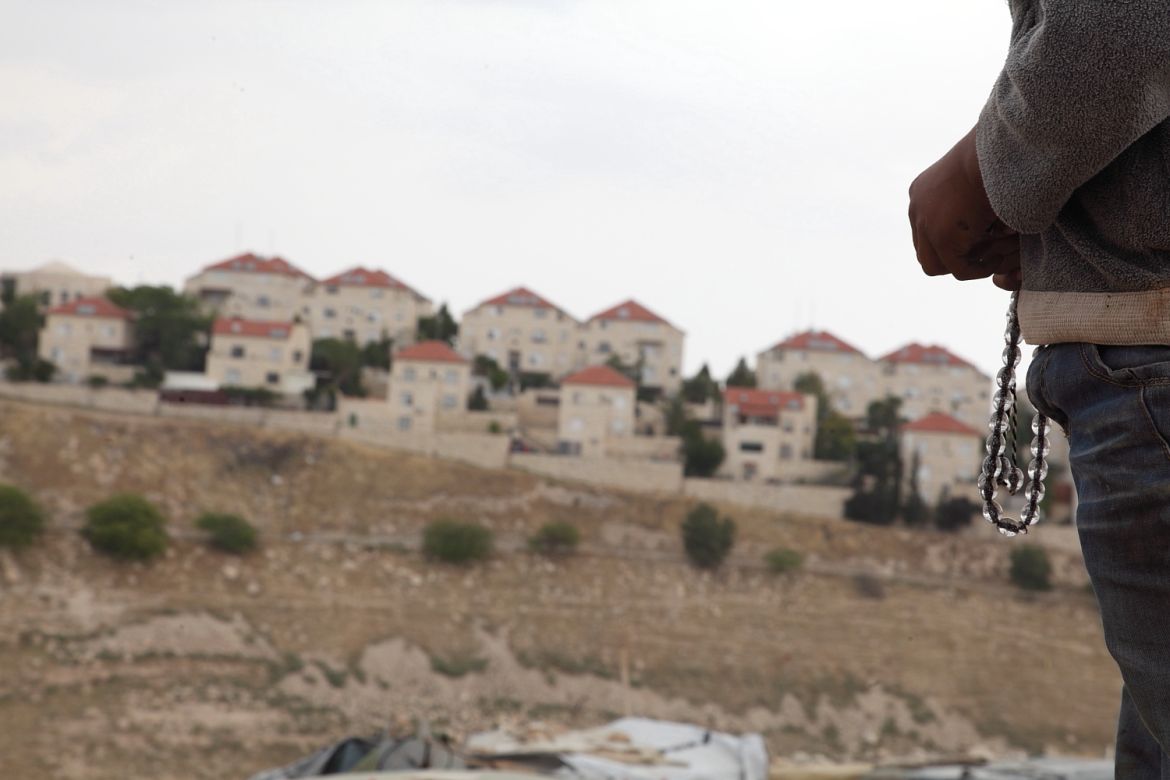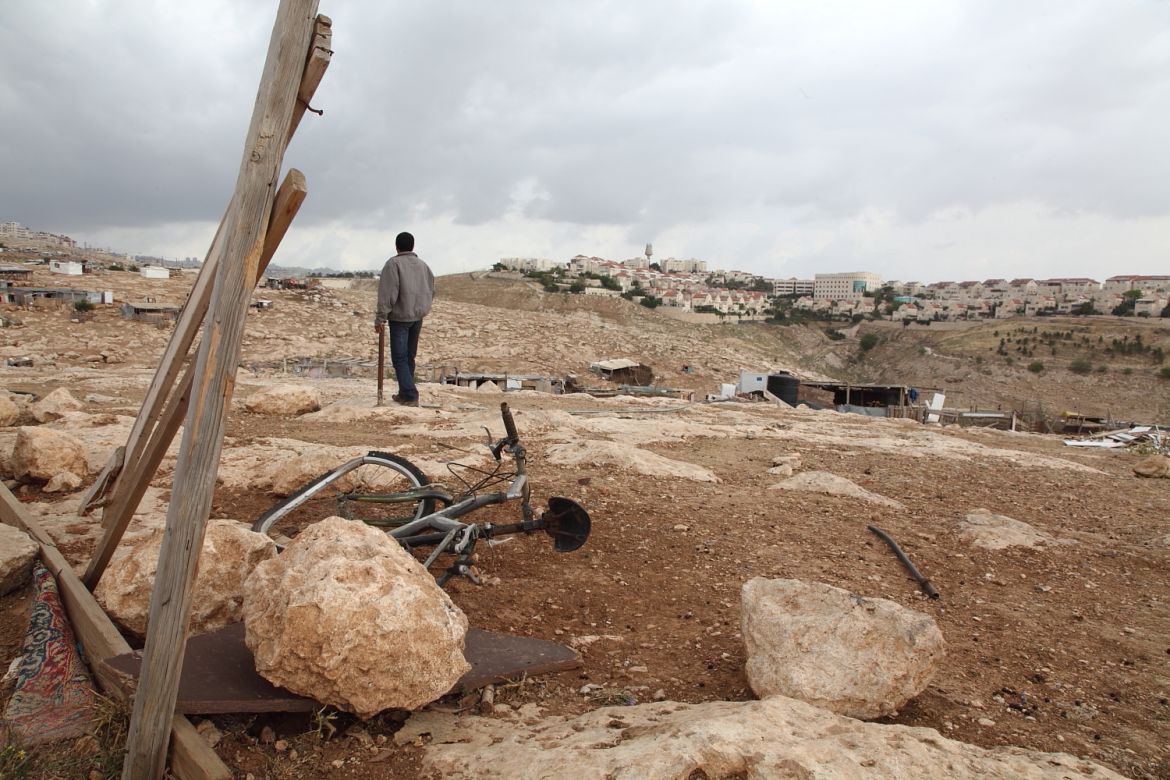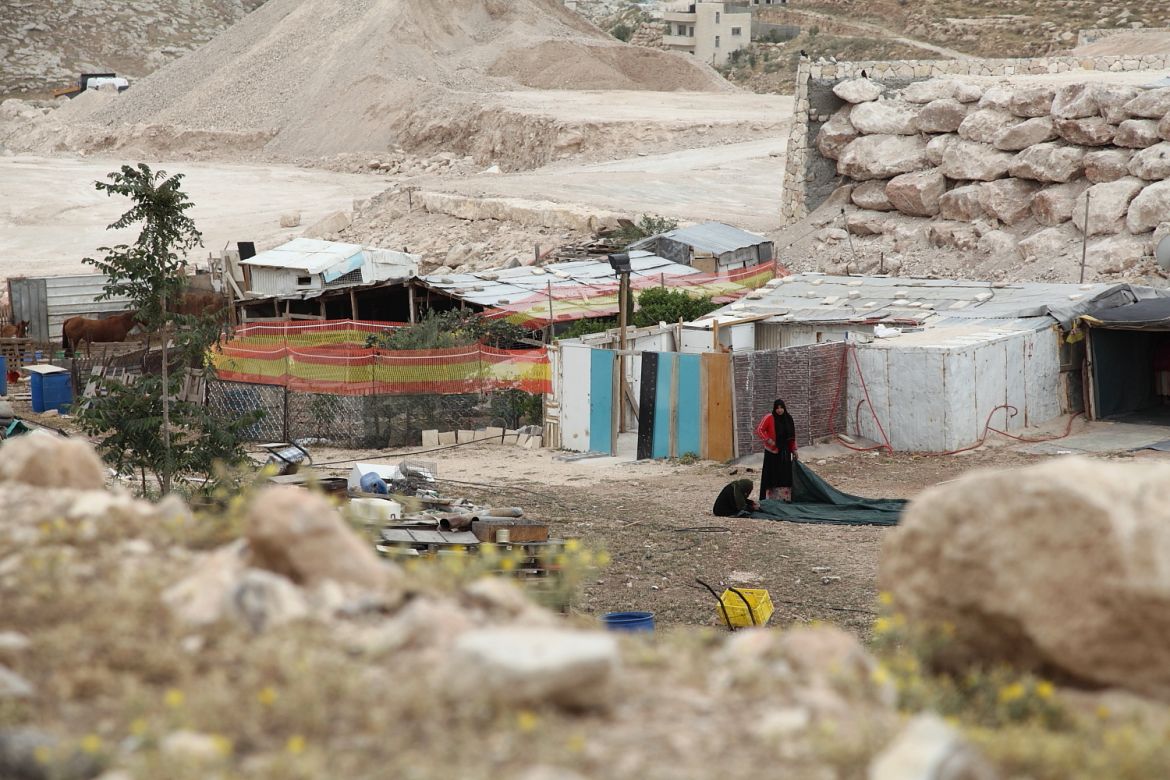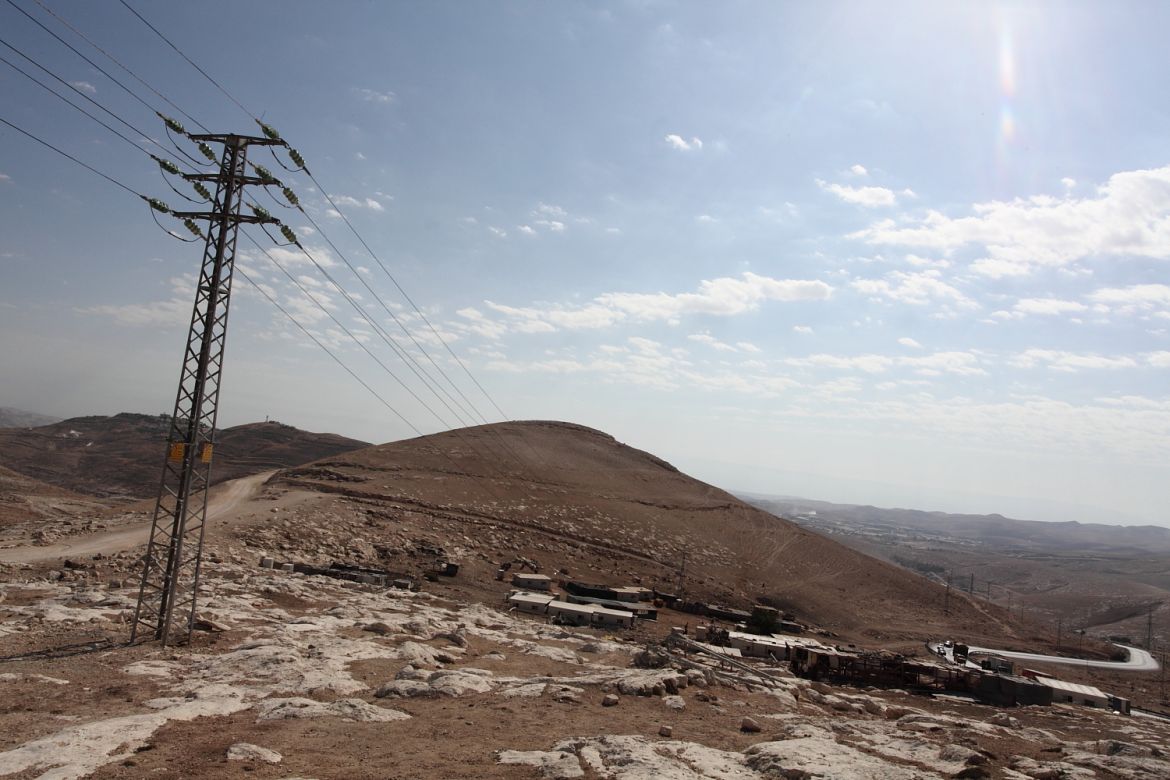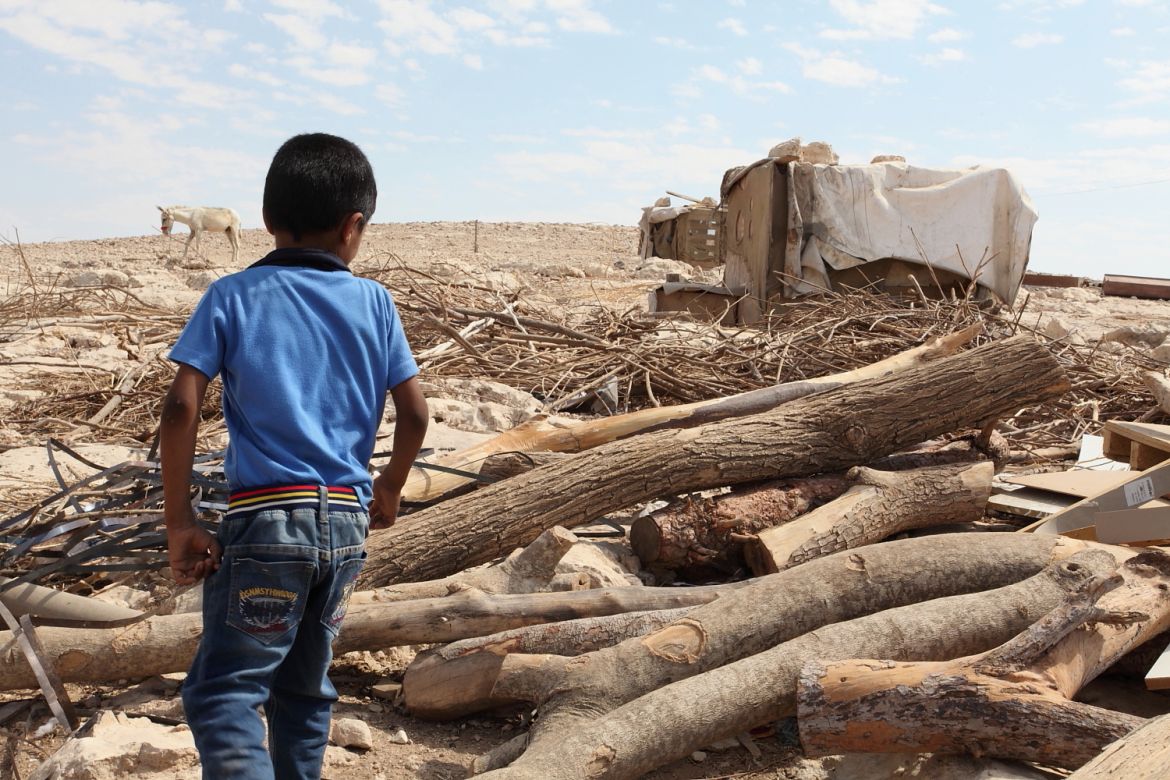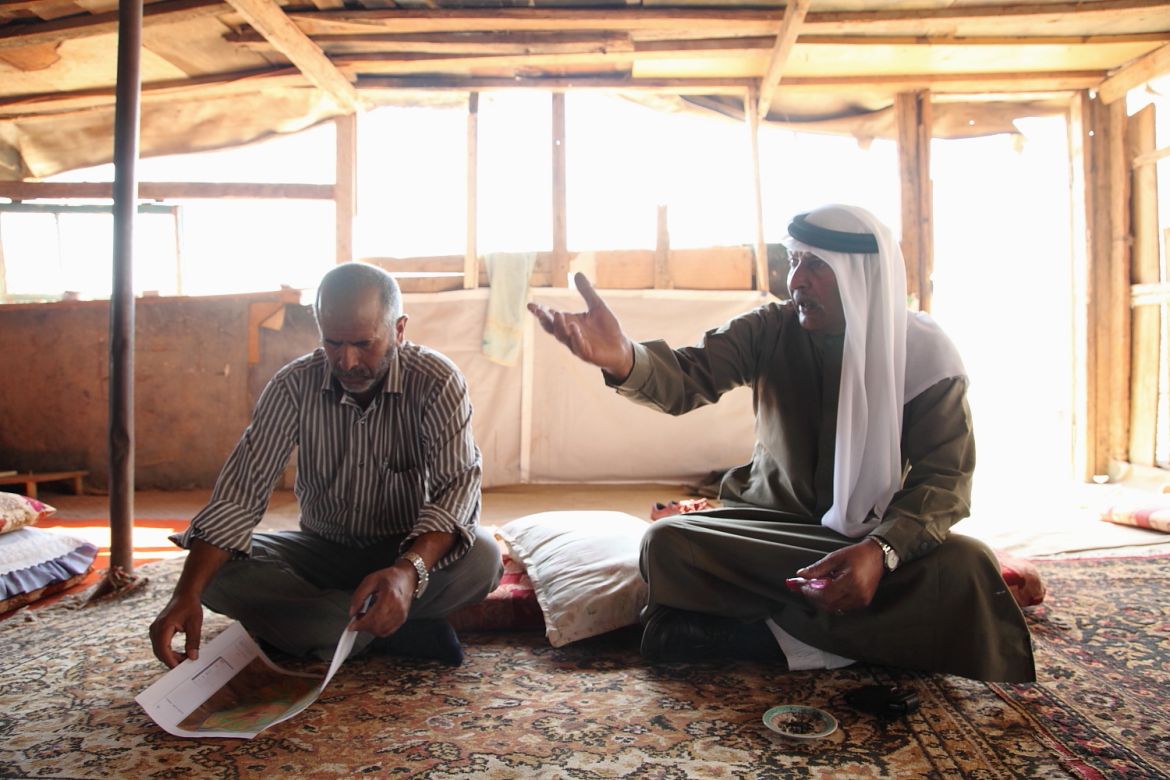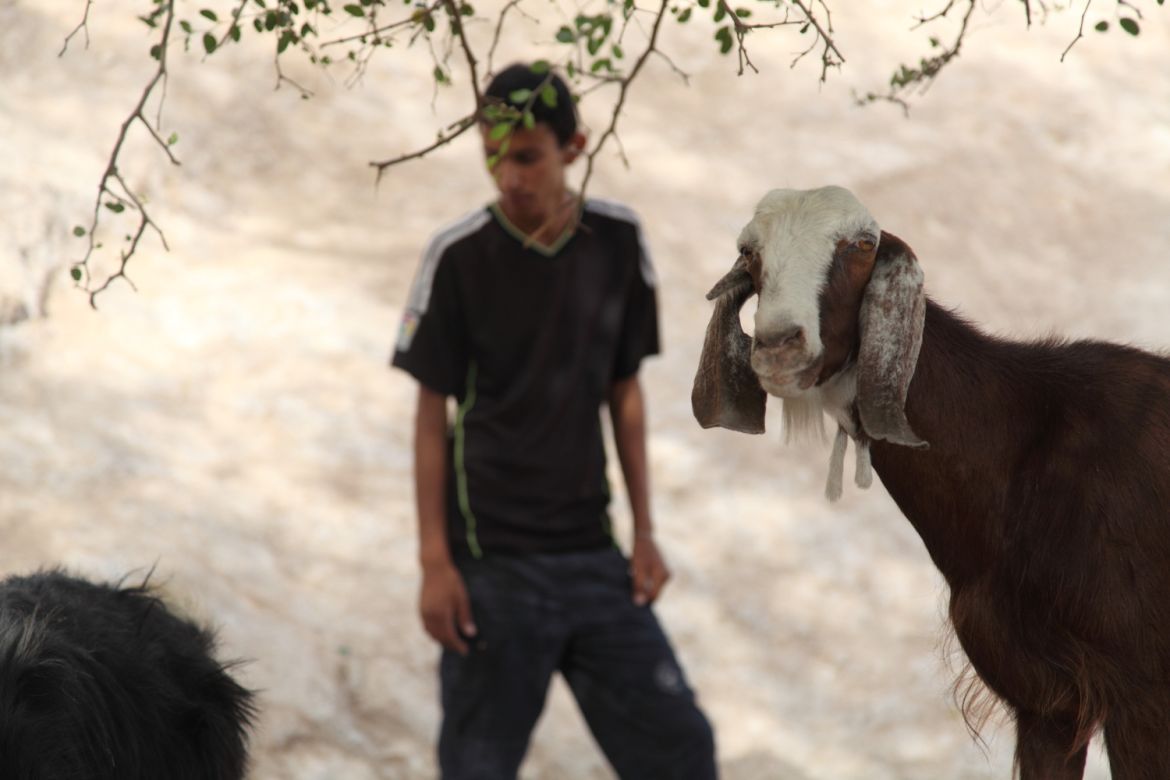In Pictures
Palestinian Bedouin fight for their survival
If Abu Nuwwar is demolished, it is expected to pave the way for the full implementation of Israel’s E1 development plan.

Abu Nuwwar village, occupied West Bank – The small Palestinian Bedouin village of Abu Nuwwar is facing a race against time for its very survival. Villagers were initially given a May 31 deadline to agree to Israeli plans to relocate them to a new planned township alongside a large Jerusalem dump, or to face demolition of their houses. An injunction is now being heard in the Israeli Supreme Court.
The case of Abu Nuwwar is being seen as a landmark in Israel’s E1 development plan inside the West Bank. The E1 plan is intended to create Israeli territorial contiguity between Jerusalem, Maale Adumim and other Jewish settlements inside the West Bank, thus isolating Jerusalem from the rest of the West Bank.
If the state wins the case and Abu Nuwwar is demolished, it is expected to pave the way for the subsequent full implementation of the E1 plan, which will include the demolition of many Palestinian villages and the forcible transfer of thousands of Bedouin.

